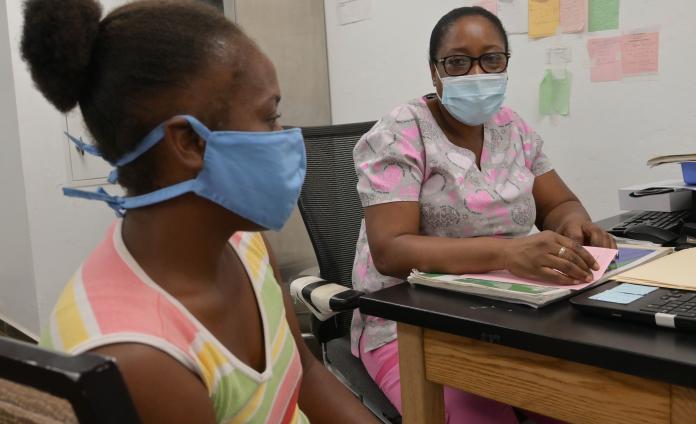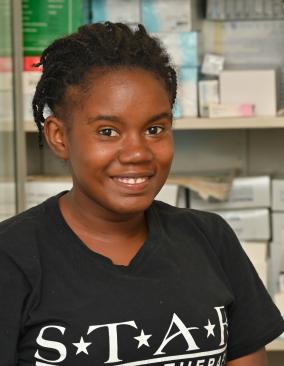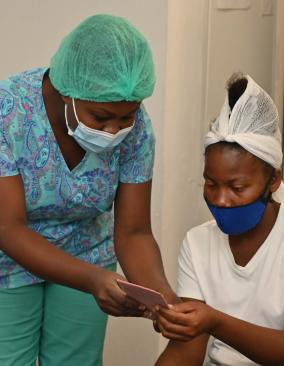In 2017, a survey conducted by the Haitian Ministry of Health (MSPP) found that 72% of Haitian women wanted to prevent or space pregnancies, but only 32% of women were actually using a modern method of contraception. To help meet the need for family planning services, SBH opened a dedicated clinic in 2018 to provide a wide range of birth control options to people living in our region. Guided by the principles of informed choice and voluntary consent, the clinic’s nurses have counseled over 24,000 people to date, 59% of whom chose to opt in to a modern method of contraception on average. Through our partnership with the MSPP, we can offer our patients their choice of condoms, birth control pills, Depo-Provera injections, and hormonal implants, as well as permanent methods like tubal ligation.
Research shows that mothers, infants, and children are all healthier when births are spaced at least two years apart. Birth spacing reduces complications during pregnancy and childbirth, including severe complications that can lead to death. Spacing also decreases the likelihood of premature and low-birthweight infants by 70% and reduces childhood malnutrition.
The ability to prevent unintended pregnancies supports women’s economic advancement, since pregnancy and childcare responsibilities may force women to drop out of school or leave jobs. Women who have the opportunity to control their own reproduction experience a greater sense of autonomy and well-being.
In addition to consultations at the clinic, since 2018 our family planning clinic staff have counseled more than 7,000 postpartum women at our maternity center and have worked with our community health team to hold hundreds of education and outreach events. Community health workers, as well as doctors and nurses from the outpatient clinic and other hospital services, are able to talk with patients about the benefits of family planning and make referrals to the clinic. And for patients enrolled in our HIV/AIDS program, we place special emphasis on the use of condoms to prevent the spread of HIV.



